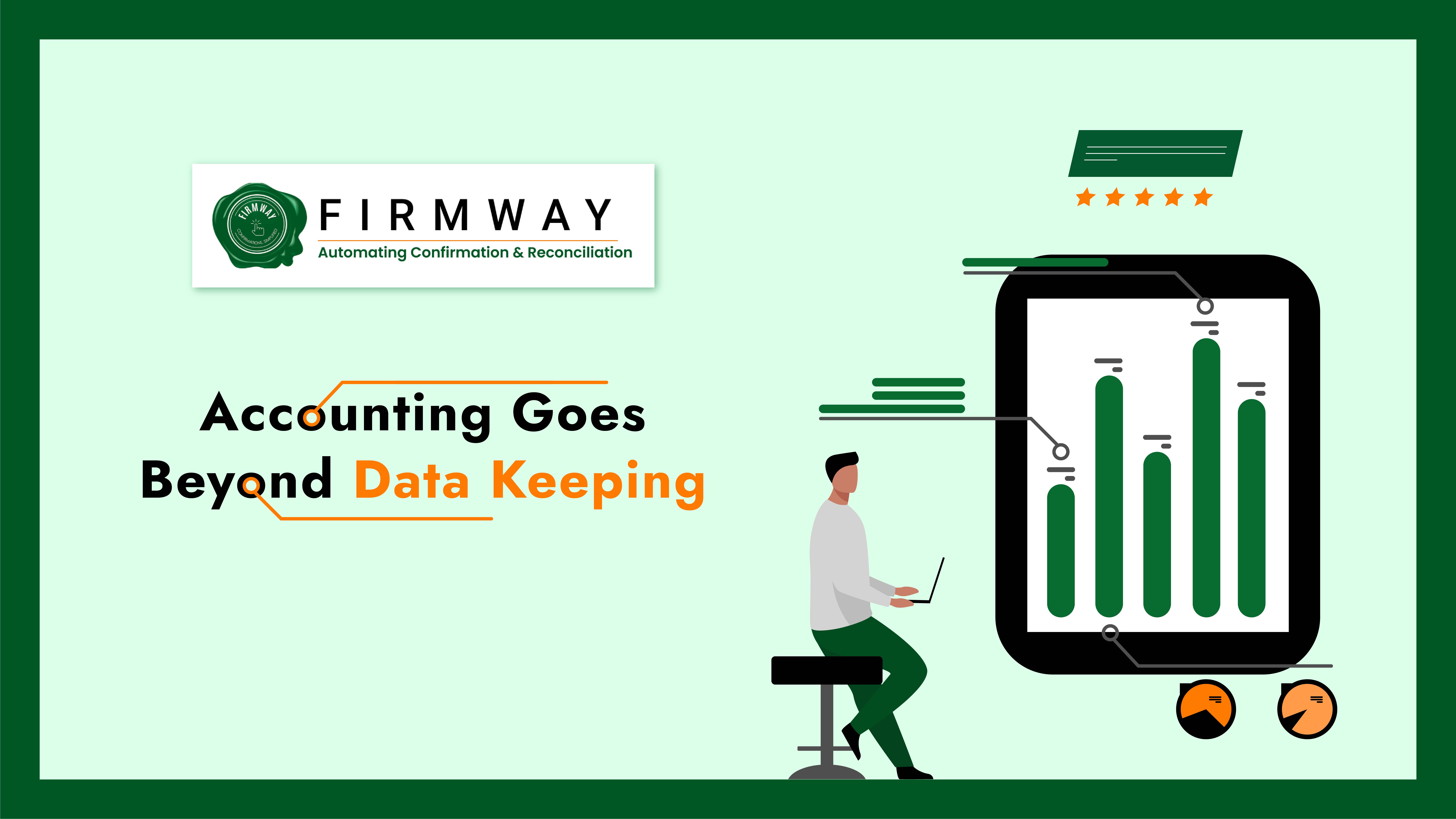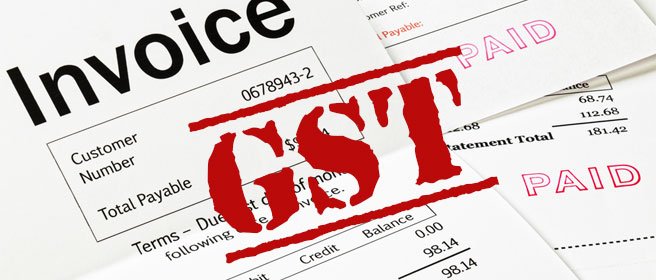Transforming Accounting: From Data Gathering to Enhancing Cash Flow
Traditionally, the role of accounting has always been the data keeper. The Accounts team has always been regarded as both a booster of cash flow and a cost center for businesses, merely maintaining records of Company activities. However, recent developments have assigned additional roles to account teams, altering this perception from mere data recording to actively boosting cash flow. The 21st Century has realized the importance of data and its analysis. Data analysis is not just limited to operation activities. It has also made its presence felt in account function as well. One such data digging exercise we will be focusing on today is boosting cash flow through Ledger reconciliation.
The Impact of Ledger Reconciliation on Cash Flow
Based on the clients that we have served we have observed the following results from the ledger reconciliation activities:
- Rs 998 cr Vendor unadjusted advances identified.
- Rs 3,761 cr Debit note raised by Company but not booked by vendor and customers.
- Rs 2,942 cr invoice was reversed by the vendor even though GST credit was claimed by the Company.
- Rs 314 cr Credit note issued by vendor but not accounted by Company.
- Rs 53 cr TDS deducted by customers but not recorded by Company.
All the above can have a direct and/or indirect impact on the cash flow of the Company. If the account team is able to identify such a mismatch on a timely basis and deep dives into it then it can convert itself from a cost center to a profit center.
The Power of Automated Reconciliation
Manual reconciliations, even with Excel – MATCH, HIGHLIGHT, or LOOKUP formulas, bear the risk of human errors. Any inefficiency or deficiency in reconciliation plagues the entire enterprise; it affects the credibility of financials, causes inefficient decision-making, and affects the goodwill of a company. Automated reconciliation is the solution to all the above issues.
Automation can simplify and streamline the tedious reconciliations process. With minimal human involvement, the entire process of vendor communication, follow-ups, tracking, gathering, and summarizing voluminous information works automatically in the background. The added leverage of real-time analytics makes companies proactive and efficient.
The Role of Technology in Accounting
Above shared observations are the result of use of technology for reconciliation. Therefore, the CFOs and Account teams shall keep adopting the technologies which can help them in analyzing and interpreting the huge data that rests with them.
One such cloud-based automation software is Firmway, started by a team of Chartered Accountants to simplify time-consuming reconciliations. Using the latest technology such as AI, it performs reconciliations at par with industry standards and practices.
Technology makes reconciliations, be it vendor, bank, GST, or TDS, simple and efficient. Furthermore, it simplifies the communication of reconciliation differences through a world-class online action tracker. Therefore, prioritizing the adoption of technology in accounting and reconciliations is crucial for CFOs and Account teams, ultimately leading to a boost in cash flow.





